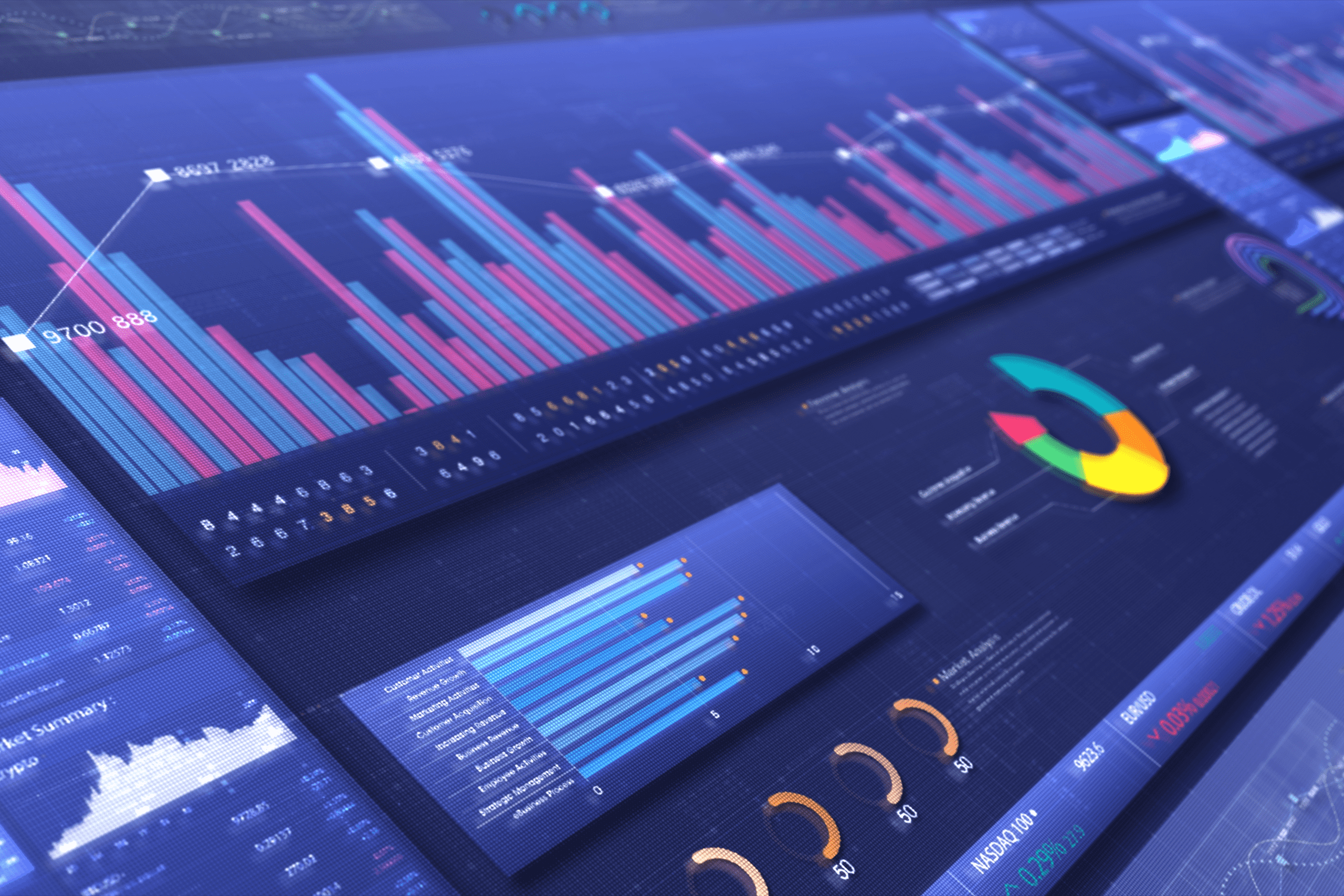In today’s fast-paced digital landscape, the ability to rapidly adapt and respond to market changes can set a company apart from its competition. At the core of this agility is data-driven software development, an approach that not only enhances operational efficiency but also opens new avenues for innovation and growth. This blog post explores the significant impact that data-focused software development has on businesses, emphasizing its practical benefits and use cases without delving into service specifics.
Why Data-Focused Software Development?
Efficient Data Handling: Modern businesses generate vast amounts of data daily. Managing this data effectively is crucial for making informed decisions. Data-focused software development optimizes data handling processes through tailored ETL (extract, transform, load) operations and robust data structures. This ensures that data is not only accessible but also actionable.
Customized Solutions: Every business has unique needs and challenges. Custom software solutions that focus on data manipulation and integration can be designed to meet these specific requirements. Whether it’s streamlining inventory management, improving customer relationship management, or enhancing financial reporting, data-centric software allows for a high degree of customization that off-the-shelf software often fails to achieve.
Scalability and Flexibility: As enterprises grow, so do their data needs. Data-focused software development offers scalable solutions that grow with the company. This adaptability prevents the common pitfall of software obsolescence, ensuring that businesses can continue to evolve without being hampered by their technological infrastructure.
Practical Benefits of Data-Centric Development
Informed Decision-Making: With the integration of advanced analytics and business intelligence, companies can turn their data into insights. These insights drive smarter, evidence-based decisions that can dramatically improve the efficiency and effectiveness of business operations.
Enhanced Productivity: By automating routine data tasks, companies can free up valuable resources, allowing staff to focus on higher-value activities. Automation reduces the likelihood of human error, increases output, and significantly cuts down the time spent on repetitive tasks.
Competitive Advantage: In a world where timing and information are paramount, having a bespoke software system that can process and analyze data quickly provides a distinct competitive edge. This capability allows businesses to respond swiftly to market trends and customer needs, often before their competitors do.
Real-World Use Cases
Retail Sector: For retailers, data-focused software can revolutionize inventory management by predicting trends, optimizing stock levels, and enhancing the supply chain’s efficiency. This leads to reduced overhead costs and improved customer satisfaction through better product availability.
Financial Services: In finance, custom software helps in managing and analyzing large volumes of financial data, streamlining processes like risk assessment, fraud detection, and regulatory compliance. These improvements can protect assets while enhancing service delivery to clients.
Healthcare: For healthcare providers, data-centric software development can improve patient care through better management of patient records, treatment plans, and medication tracking. It also supports the analysis of large datasets for medical research, leading to faster discovery rates and innovation in treatments.
The integration of bespoke, data-focused software development into business operations is more than a technological upgrade; it is a strategic investment in the company’s future. As businesses continue to navigate an increasingly digital world, those equipped with efficient, scalable, and tailored software solutions will likely lead their industries in innovation and profitability.
Embracing this digital transformation does not merely enhance current processes but also opens up new opportunities for growth and development. By focusing on the strategic utilization of data, companies can achieve unprecedented levels of efficiency and market responsiveness.
For those interested in exploring how data-driven solutions can specifically benefit their operations, delving into tailored software options could be the key to unlocking significant operational improvements and competitive advantages.


